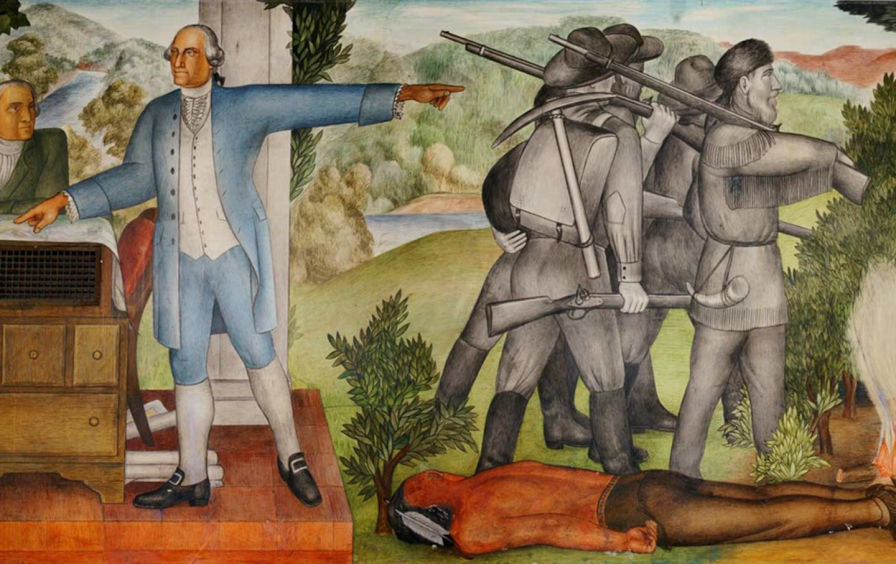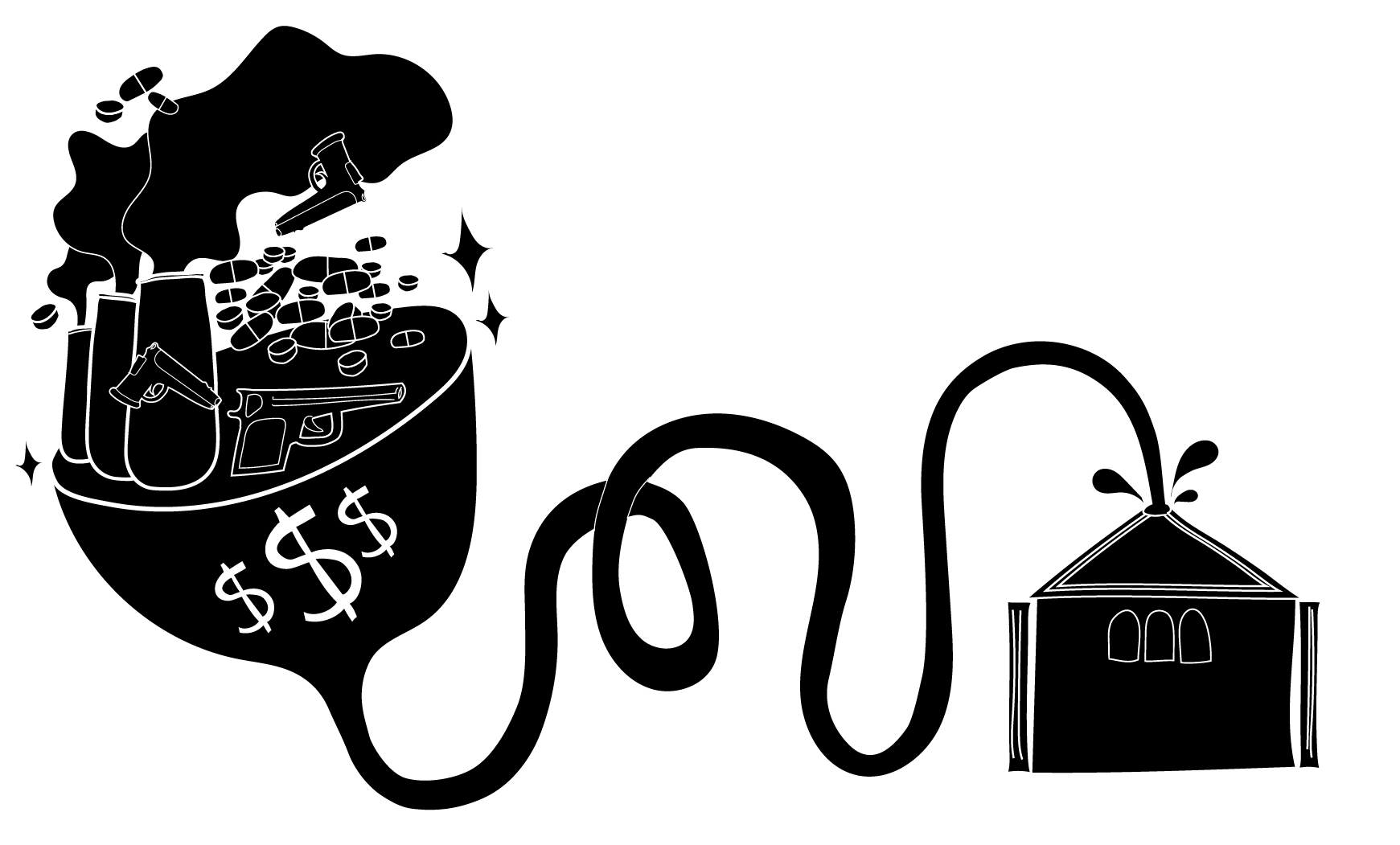
New report finds that Chicago is getting worse at recycling
A recent report from the Illinois Public Interest Research Group Education Fund (Illinois PIRG Education Fund) found that Chicago only recycled 8.8 percent of waste in 2018, which is a 2.28 percent drop since 2014, according to Block Club Chicago.
Both past and present recycling rates for the city are dramatically lower than the national average, which in 2017, was 35.2 percent. Meanwhile, Seattle and San Francisco both manage to prevent at least 60 percent of their waste from reaching landfills.
Illinois PIRG Education Fund suggests that the city work towards improving its recycling rate by implementing laws to limit plastic use and increasing efforts to compost.
Chicago City Council passes a resolution that prioritizes carbon-free energy
The Chicago City Council voted unanimously in favor of the Clean Energy Jobs Act (CEJA) on Wednesday, Nov. 13, according to a statement from the Illinois Citizens Utility Board (CUB). The future of CEJA is now in the hands of state legislators and Gov. J.B. Pritzker.
Among CEJA’s goals are efforts to implement a carbon-free power sector by 2030, switch to 100 percent renewable energy throughout the state of Illinois by 2050, electrify the state’s transportation sector, and create “an equitable clean energy economy that allows all citizens to benefit.”
CEJA also may bring nearly $700 million in savings for energy customers throughout the state, and intends to prevent a potential adjustment to the electricity market from the Federal Energy Regulatory Commission (FERC) that favors fossil-fuel plants and could add almost $1 billion to statewide electric bills. If CEJA passes, its reforms would protect customers from these hikes.
Dakota Access pipeline expansion discussed at 11-hour hearing
Hundreds gathered in a Linton, North Dakota courthouse on Wednesday, Nov. 13 for 11 hours of testimony from experts on both sides of the debate surrounding expansion of the Dakota Access Pipeline.
Dakota Access LLC is seeking approval from the North Dakota Public Service Commission to nearly double the flow of oil in its pipeline, and to build new pumping stations in South Dakota, Iowa and Illinois. The Standing Rock Sioux Tribe has expressed strong opposition to the pipeline since its initial proposal in 2015, and the proposed expansion has deepened concerns surrounding the fate of their water supply if the pipeline were to leak into the nearby Missouri River.
The North Dakota Public Service Commission will decide whether or not to approve elements of the expansion at a later date. Permits for pumping stations in Iowa and Illinois are still pending.
Witnesses (and evidence) stack up as impeachment inquiry progresses
House Democrats are pushing their impeachment inquiry process forward with testimonies from witnesses with crucial positions and insight surrounding Trump’s alleged quid pro quo arrangement with Ukrainian president Volodymyr Zelensky.
U.S. Ambassador to the European Union (EU) Gordon Sondland gave his testimony before the House Intelligence Committee on Wednesday, Nov. 20, claiming that Trump’s intentions with the Ukrainian government were clear to him and other White House officials from the inception of Trump’s plan. Sondland, who Trump appointed as EU Ambassador last year, confirmed his awareness and support of Trump’s presentation of a quid pro quo to Zelensky.
The second week of testimonies closed on Thursday, Nov. 21 as two witnesses with ties to Russia were asked to speak on election meddling. House Democrats have yet to announce whether testimonies will continue next week, and whether they will move forward to determining whether or not Trump’s confirmed quid pro quo is an impeachable offense.
Election dispute leads to “coup” of Bolivian President
Former President of Bolivia Evo Morales resigned on Nov. 10 as a result of violent protests and accusations that his party meddled in the previous month’s elections.
For the past 14 years, Morales’s incumbency as president and head of Bolivia’s Movement for Socialism party have brought significant upward mobility in socioeconomic class for Bolivians, especially those with indigenous heritage. Morales is Bolivia’s first indigneous president.
Upon a call for resignation from heads of military and police, Morales announced that he was the victim of a coup. He also attributed his decision to step down to his concern for families of his senior party members whose homes were pillaged and torched by some of his opponents. Several military and police officials who helped orchestrate the coup were trained by U.S. government programs, including the FBI and the School of the Americas, which was instrumental in plotting coups in Latin America at the height of the Cold War.
Right-wing politician Jeanine Áñez declared herself Bolivia’s interim president on Nov. 12, claiming her main goal is to hold new elections, but also emphasizing her disdain for indigenous religious practices and aims to push Christianity to the forefront of Bolivian politics.







